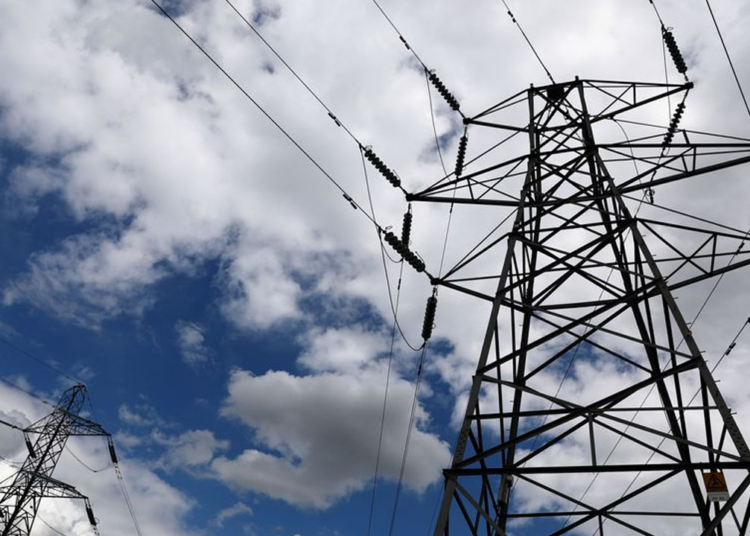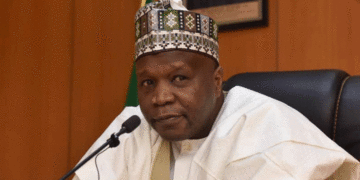Most parts of Lagos State, earlier thrown into darkness on Sunday, were beginning to receive power supply after the restoration of the national grid.
There was reported collapse of the national grid in the early hours of Sunday, throwing several cities, including the nation’s capital Abuja, into darkness.
According to the report, Abuja Electricity Distribution Company (AEDC) announced Sunday that the collapse occurred at around 11am.
“The Management of Abuja Electricity Distribution Plc (AEDC) wishes to inform its valued customers that the power outage being experienced is a result of a system failure from the national grid at 11:21 hours today, 4th February 2024 which has led to a nationwide power outage.
“Be rest assured that we are working with the relevant stakeholders to restore power as soon as the grid is stabilized. We appeal for your patience,” AEDC said.
The latest collapse, which is the first in 2024, occurred less than two months after the national grid system collapsed in December and Nigerians were thrown into darkness.
Although, spokesman of Ikeja Electric, Kingsley Okotie, could not be reached as at the time of this report, while his counterpart at Eko Electricity Distribution Company (EKEDC), Babatunde Lasaki, told our Correspondent that the head of distribution of the DisCo, confirmed there was power trip knocking out power from its network.
Lasaki said he would not confirm if there was a grid collapse but a situation probably occurred which knocked off supply at about 12pm.
Lasaki, however, said normalcy was gradually returning in the network from 2pm and there were assurances the entire network would be energised before the end of Sunday.
He could not confirm any grid collapse as he said it was only the Transmission Company of Nigeria (TCN) that can say so.
Nigeria’s power sector has experienced broad challenges such as electricity policy enforcement, regulatory uncertainty, gas supply constraints, transmission system challenges, and major power sector planning shortfalls.
Last Friday, the federal government attributed the main cause of poor power supply in the country to the low supply of gas to generating companies (GenCos).
The Minister of Power, Adebayo Adelabu, who disclosed this in a statement, said: “Power supply during the yuletide improved, but unfortunately, we’ve experienced setbacks in the new year. After investigations, it’s clear that the main cause of poor power supply is the low supply of gas to GenCos.”
The TCN in January said that there was a gradual decrease in available generation into the grid due to gas constraints.
The company said this has impacted the quantum of bulk power available on the transmission grid for onward transmission to the distribution load centres nationwide.





